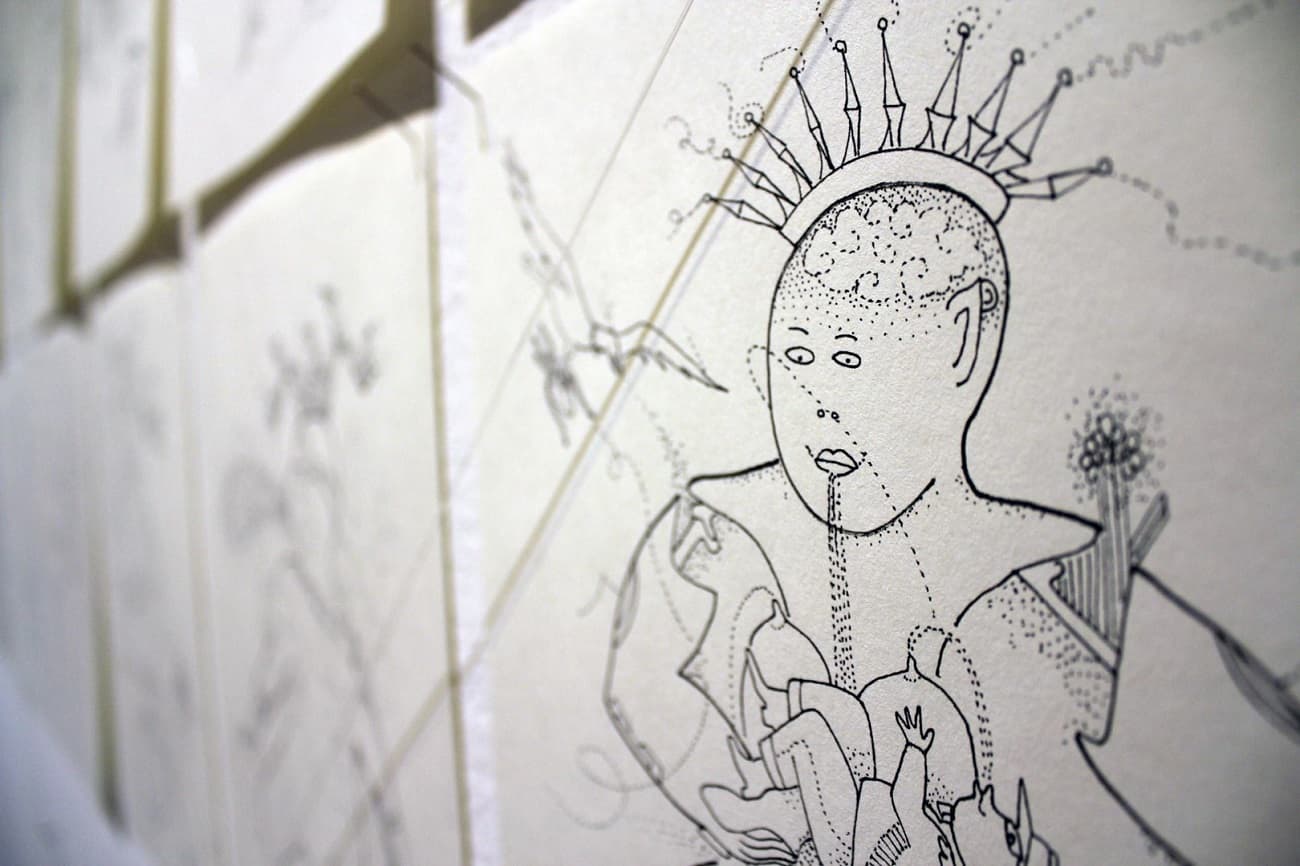“Over the years I have developed an unscientific and haphazard – but often accurate – politically incorrect method of guessing whether a nation is likely to be perennially insolvent and wracked by corruption. Do average passersby throw down or pick up litter?
Indeed culture does matter. I’ll agree with that part.
Costa Rica fits this picture to some extent, so we had better examine the rest of the premises. Costa Ricans tend to litter, argue after fender benders and haggle prices in certain situations. And, yes, the government is “perennially insolvent and wracked by corruption.”
So why, at least to those of us who love Costa Rica despite her faults, does the assessment feel so wrong?
Okay. Not everybody in Costa Rica litters. And not everybody yells at other drivers, though I’ve heard that a lot of New York drivers do, and I know that Italian drivers do. Also, we can drink the tap water, as long as we don’t mind a lot of chlorine. Of course, pretty much everybody haggles prices. I know I do. And what’s wrong with that anyway?
So it starts to seem pretty complicated.
Well, then, let’s look at the alleged foundations of these behaviors: “self-indulgence, cynicism, and tribalism.” I must say, I’ve seen my share of all of them here.
Those of us who regularly navigate the broken sidewalks of Costa Rica can testify to self-indulgence or, at least self-absorption. Ticos bump into us, block aisles, sit in the middle of stairways. Of course, all we have to do is ask permission, “¡Permiso!” and they move, unless, of course, they are using a cell phone. On the other hand, if we stop Ticos to ask directions, they will do whatever they can to help.
I don’t know. If we’re going to talk about self-indulgence, maybe we should take a peek into our own glass houses first. We aren’t exactly known for self-denial. Not that one person’s experience proves anything, but I have learned more about self-denial and making do with what I’ve got living in Costa Rica than in all my years as a pampered daughter of the U.S.
Cynicism: We certainly can’t fault Ticos for being cynical about politics or government. “Realistic” might be a better description. As for their attitude toward their fellow man, I must admit they tend to distrust anyone outside their family, and not, perhaps, without reason. I live in a relatively deprived region, and I have developed a theory that third-world countries where scarcity has been the rule develop a culture based on survival-by-deviant-means, when necessary.
And, of course, culture always lags behind development, so the fact that Costa Rica is no longer so third world makes no difference to the mentality, at least not yet. Historically, most middle-class Americans have had little or no reason to connive, cheat or steal in order to stay afloat. Therefore, they have little reason to distrust others. (The very rich may be another story.) So cynical though Ticos may be, can we really blame them?
Tribalism: First of all, we need to ask what it is. (I don’t think Hanson is referring to the kind of tribalism found among peoples living in jungle.) It is, for our purposes, the strong loyalty that people feel for a group to which they belong, coupled with the belief that they are superior to all other such groups.
I must admit that here in my little mountain village, I have seen a lot of this among families. Each family is a little enclave that protects itself and concerns itself minimally with the problems of other families. But this is only one community, and communities are like people. Each has its own personality. I wonder if it is any different in some small communities in the United States? For that matter, how different is it in the big city?
Then, of course, there is the fanatic Tico loyalty to soccer teams. If you have lived in Costa Rica very long, someone has probably asked you whether you are ligista or saprissista. But, whoa! What about the English hooligans or our NFL enthusiasts?
All this is getting way too complicated. And, really, that’s the point. There are about a hundred if’s and however’s that I have not taken into consideration.
The truth is we cannot judge an entire culture based on a few superficial characteristics. It’s like judging a person based on whether he smokes or she lies about her weight. These may not be admirable qualities, but they have nothing to do with the quality of the person.
At any rate, it becomes dangerous to judge a culture at all. For one thing, we need to understand that many values are relative – that what we may consider good or moral is not necessarily what another culture may consider good or moral. Keep in mind how certain cultures throughout the world admired Bill Clinton for his fling with Monica Lewinsky.
For another, it only foments conflict and war. It’s one of the things wrong with the world.
Oh, incidentally, I just thought of another example of tribalism: A member of a right-wing group who thinks that his way of life is superior to that of a different culture.
Article by Kate Galante






